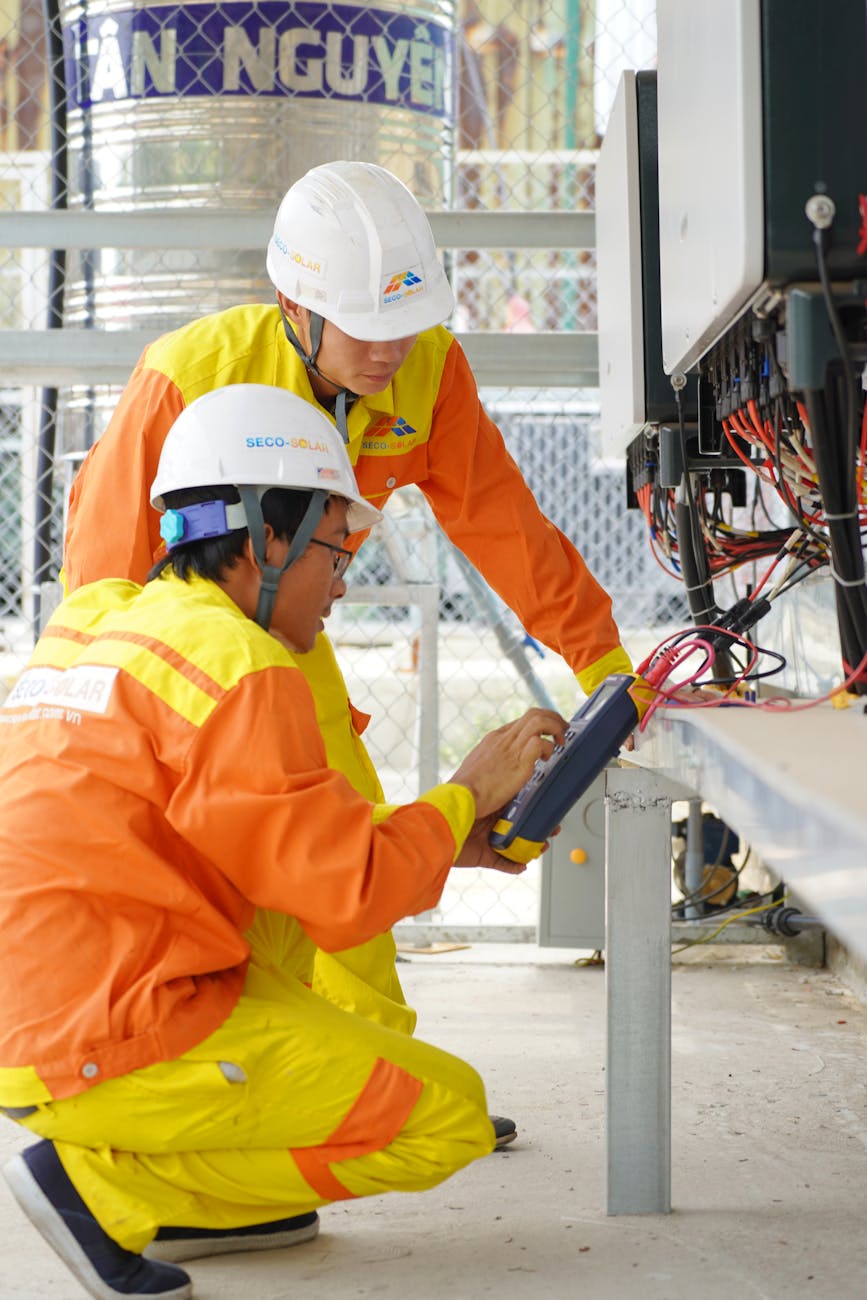Blog
Essential Certifications for Electrical Engineers in Nigeria: Boost Your Career

Introduction
In a competitive electrical engineering job market, certifications signal expertise and dedication. Whether you’re a recent graduate or a seasoned professional, the right credentials can unlock opportunities in power utilities, construction, oil & gas, and beyond. This guide outlines the top certifications every Nigerian electrical engineer should consider.
1. Council for the Regulation of Engineering in Nigeria (COREN)
Why it matters: COREN registration is legally required to practice as a professional engineer in Nigeria. It demonstrates compliance with national standards and ethics.
How to apply: Graduate with an accredited degree, submit your application online, and complete an induction ceremony.
2. Project Management Professional (PMP®)
Why it matters: A globally recognised project‑management credential from PMI, the PMP equips you with the skills to lead multidisciplinary teams and manage complex engineering projects on time and within budget.
Preparation: 35 hours of PM education, 4,500–7,500 hours of project experience, and passing a 180‑question exam.
3. Certified Energy Manager (CEM)
Why it matters: Offered by the Association of Energy Engineers (AEE), CEM focuses on energy‑efficiency best practices, auditing, and sustainable design—crucial as Nigeria tackles rising demand and environmental concerns.
Exam: A four‑hour computer‑based test covering energy auditing, incentives, and project analysis.
4. SCADA & PLC Programming Certification
Why it matters: Supervisory Control And Data Acquisition (SCADA) and Programmable Logic Controllers (PLCs) underpin modern automation in oil, gas, and manufacturing. Certification demonstrates hands‑on proficiency.
Providers: Schneider Electric, Siemens, Mitsubishi, and ABB all offer vendor‑specific courses with practical labs.
5. Certified Information Systems Security Professional (CISSP)
Why it matters: With critical infrastructure increasingly networked, cybersecurity is paramount. The CISSP from (ISC)² confirms your ability to design, implement, and manage secure systems—a valuable asset for electrical engineers in smart grids or IIoT applications.
Requirements: Five years’ relevant work experience and passing a rigorous exam.
6. Certified Reliability Engineer (CRE)
Why it matters: Offered by the American Society for Quality (ASQ), the CRE focuses on statistical analysis, risk management, and maintenance strategies to maximise uptime—key in electrical‑systems maintenance.
Exam: Multiple‑choice test on reliability engineering principles and applications.
7. Oil & Gas Competency Certifications
Why it matters: If you work in the oil & gas sector, consider certifications from the International Association of Drilling Contractors (IADC) or the Society for Petroleum Engineers (SPE). Topics include well engineering, health & safety, and asset integrity.
Conclusion
Investing in the right certifications not only enhances your technical know‑how but also signals to employers your commitment to excellence. Map your career goals, select the credentials that align best, and start studying—your next promotion could be just a certificate away






